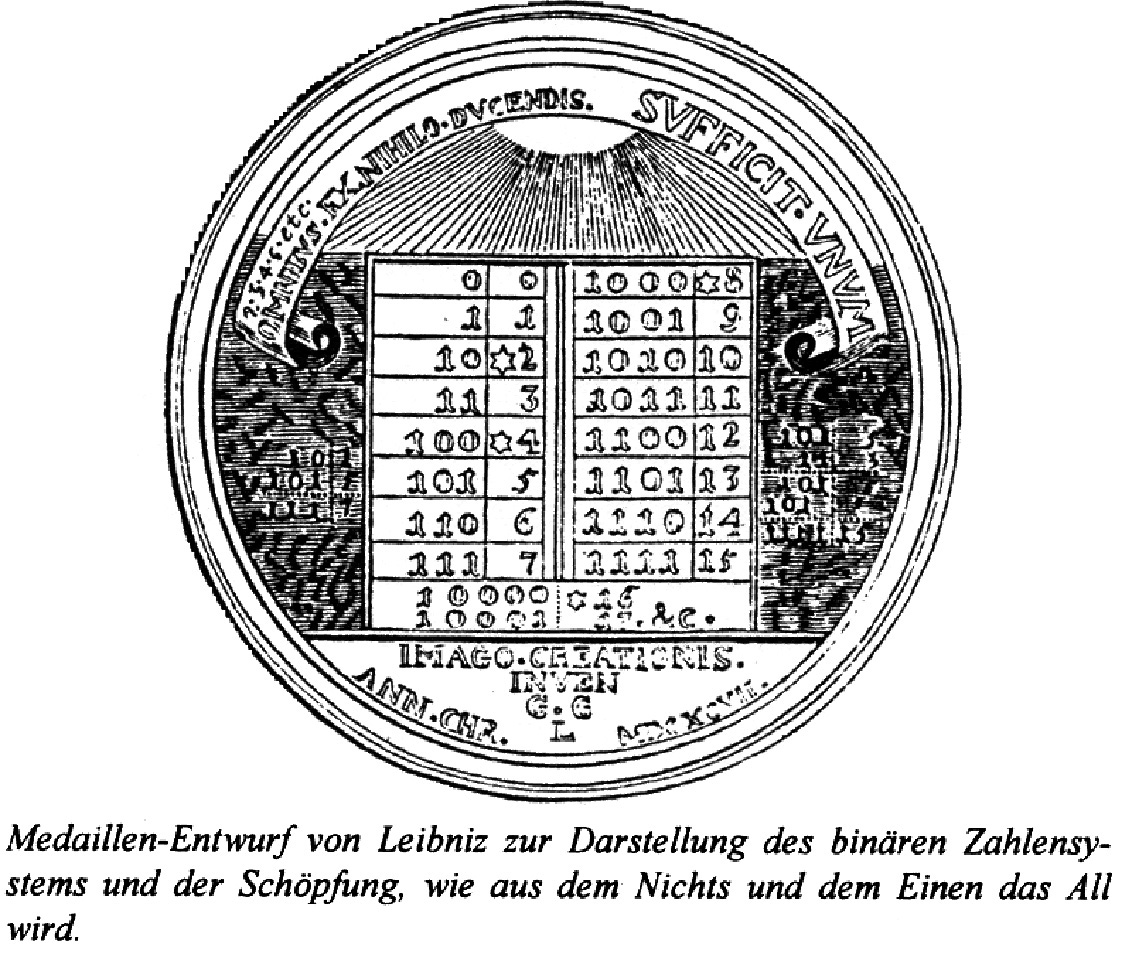Comprehensive List of Researchers "Information Knowledge"
Department of Systems and Social Informatics
- Name
- YONEYAMA, Masaru
- Group
- Philosophy of Information Group
- Title
- Professor
- Degree
- Dr. of Philosophy
- Research Field
- Informatics / Philosophy of Leibniz / Aesthetics of Monadology

Current Research
Philosophical and Aesthetical Research concerning Information, taking Monadology as the Point of Departure
OUTLINEWe are conducting research on the present-day possibilities of developing the monadology of the German philosopher Leibniz (1646-1716). The bottom line of recent-past and present-day science follows an essentially atomistic way of thinking that tends towards materialism. On the other hand, monadology is a spiritualistic way of thinking, and in this sense we have been searching in directions other than that of atomism, which treats everything as material objects.
This is all about how we ought to think about things such as the ultimate building blocks of the universe, individuals, and our various societies and cultures. Viewing these from the perspective of information, the question arises as to what kind of information to create, how to create it, and with what constituent elements. That question raises a further one about the workings of the aggregate of individual effort and the values espoused by society. It is in this sense of the "generation of information," or the "making of information" that we research the issue of "the creation of information."
Situations that provide concrete clues about the unfolding of this process are, for example, the process of creating art, or, more generally speaking, situations of invention and thought-hatching. In my work "The Aesthetics of Monadology," I showed how Leibniz's philosophical theory of monadology is intimately related to the generation and creation of beauty. The discussion is taken further in this direction in Kitaro Nishida's "Creative Monadology" and Alain's "Aesthetic Monadology."
I extended this discussion in my second book, "The Basis of Informatics," treating it as an informatics issue, distinct from information engineering and information science issues. I sought to achieve yet another perspective while following the actualities of information creation on the physical, biological, and spiritual levels of the order of things.
Situations of invention and thought-hatching with their "resistance of the materials" and "bodily engagement' provide opportunities for new ways of considering the philosophical issue of mind and body. How things are invented and thoughts are hatched has become a topic on which we have increasingly focused and developed. One theme of my research is how a computer and the network around it might assist in this process.
Armed with this variety of themes, I am presently developing the structure of a "monadologic, polyphonic creative space." Clues regarding this topic can be found in the process of the creation of the linked verse (renga, renku) unique to Japanese, and, with reference to Kitaro Nishida's "Logic of Place," I am working on "The Aesthetics of Place."
FUTURE WORK
The aim is to further develop Pierre Levy's "Philosophy of Information" with its idea of "collective intelligence," this being the dynamic mutual mechanism of each linked discrete node of the entire location that forms the network we know as the Internet.
If extended to the theory of culture, the concept of transculturality arises - transculturality as distinct from multiculturality or interculturality. This is the concept from which discussion in an aesthetics context begins. It is from here that consideration must be given to a "new civility" as demanded by cultural exchange via the Internet and increasingly easy travel.

Figure : Leibuiz, the inventor of the binary sysytem
Career
- PhD degree in humain informatics from Nagoya University in 2002.
- 1982, Lecturer of the school of General Education, Nagoya University
- 1987, Associate Prof. of the school of General Education, Nagoya University
- 1999, Prof. of the Graduate School of Human Informatics, Nagoya University.
- Since 2003, Prof. of the Graduate School of Information Science, Nagoya University.
Academic Societies
- The Society of Philosophy
- The Philosophical Association of Japn
- The Japanese Society for Aesthetics
- International Association for Aesthetics
- Società Italiana d'Estetica
- Nishida Philosophy Association
- Association des Amis d'Alain
- Associazione Internazionale di Ricerca Elémire Zolla
- The JapanSociety for Socio-Information Studies
- Societas Leibnitiana Japonica
Publications
- "Filosofia e Informatica" in Internet e le muse -La rivoluzione digitale nella cultura umanistica- Patrizia Nerozzi Bellman (ed.), Mimesis, Milano 1997, pp. 113-126.
- Aesthetics of Monadology, Nagoya University Press, Nagoya, 1999.
- Foundations of Informatics, Omura-shoten, 2002.
- L'art de Penser, NTT Publishing, 2009
- Frontiers of Informatics, Showadô, 2011
- "L'esperienza pura in Nishida Kitarô e i dualismi occidentali", in Il paesaggio dell'estetica, pp.17-27
- "Estetica della Monadologia" in Le provocazioni dell'estetica, pp.207-223
- "Creative Chora and The Aesthetics of Place" in Frontiers of Transculturality in Contemporary Aesthetics, pp.105-110
- "Leibniz and Chaos" in Aesthetics & Chaos, pp.179-187
- "Espace Monadologique" in Philosophes japonais contemporains, pp.185-199








